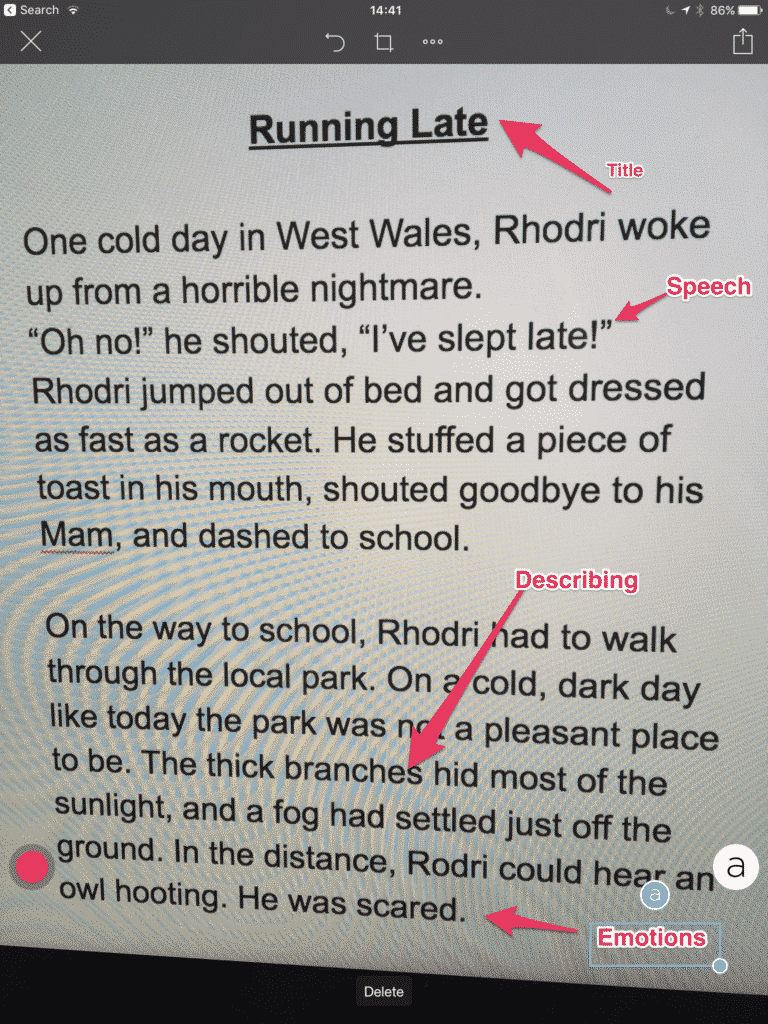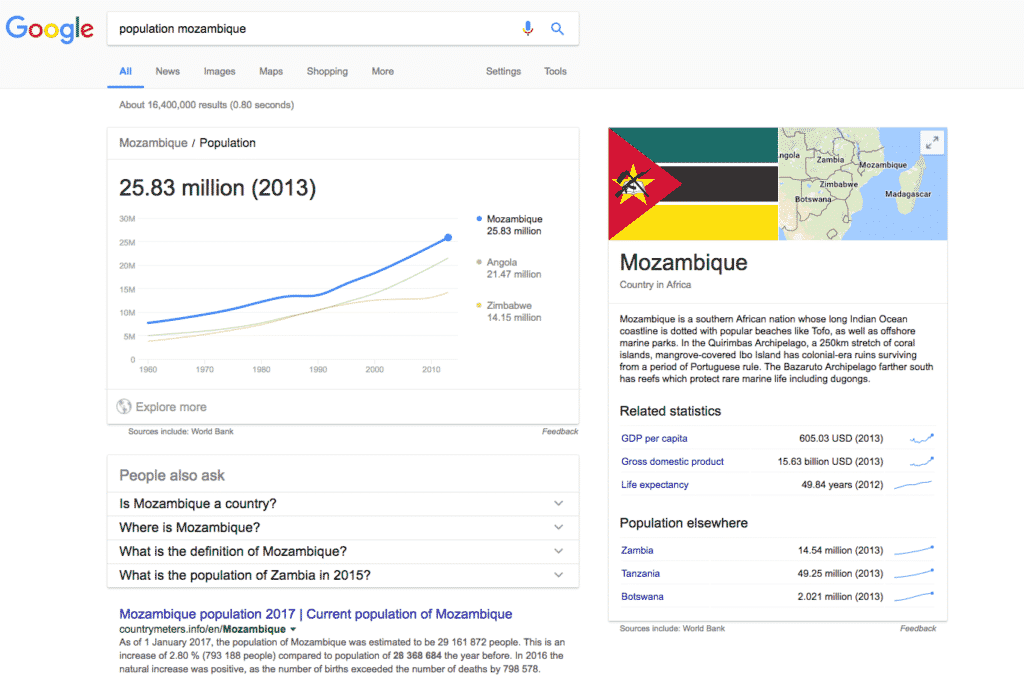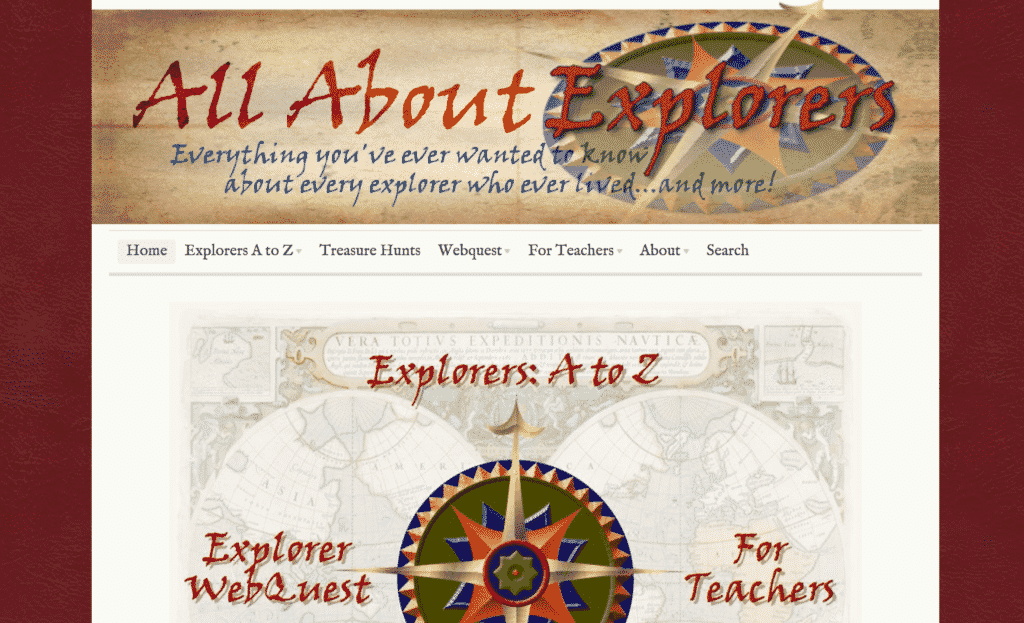Planning, Sourcing and Searching
3.1
Activity 1
Highlight a Model
The planning aspect of this element can be achieved by a variety of planning activities. Your pupils do this type of planning in every subject by discussing success criteria, modelling how to achieve them and creating a plan for their work beforehand. There is no specific need to do this planning using technology, but if you do want to incorporate technology then here is one way of doing so.

Prepare:
- Download an app that allows you to scribe on top of images (Skitch is a good example).
- Prepare a model example of whatever task you wish you pupils to execute.
Activity Tasks:
- Show a model of the main task, whatever it may be, to the pupils and deconstruct it together, highlighting the important elements of that genre.
- Have each pupil take a photograph of the model and open it in the scribing app (e.g. Skitch). They can then add labels to their photo highlighting the main elements.
- From this work, they can then write up their own success criteria for the main task.
Remember
- Once they have come up with their success criteria, they can then use it as a basis for their plan. See the Popplet activity in Year 3, 3.1 'Planning' for an activity suggestion.
Activity 2
Effective Keywords 2
Searching online is a skill most adults take for granted. But we also often wrongly assume that children are adept at searching online. Pupils need to be taught how to search for specific information by choosing keywords instead of typing in whole sentences. Pupils began learning this skill in Year 3. This activity enables them to keep practising.

Activity Tasks:
- Remind pupils how search engines work. At the most basic level they look at all the words you've typed separately and search for websites containing those words. Websites that have the words in the correct order appear higher in the list. We therefore have to choose the most relevant words.
- As a class, you will create an informational video on a country of your choice. What questions should it answer? Make a list of pupils' suggestions, writing out their questions as they say them.
- Pick the longest and most waffling question posed, type it into a search engine (e.g. Google). Use your experience of searching online to pick a sentence that will not give a clear answer.
- How can we improve the search? As a class, pick out the most important keywords in the question and search again, hopefully getting a better answer than your first result.
- Remind the pupils how to skim the results to see which webpage is likely to have the best information. (This is a skill from a Year 3 searching activity).
- Every group of pupils selects a country about which to create a video. They should search for all the information that the class wanted to be included in the videos. In their books they should write the original question, the keywords they typed and the information they found.
- They can then create a three-bit video on the country they researched (see 3.2 'Creating', 'Photos and Videos').
Remember
- Make sure that you are asking them to search for specific facts to answer specific questions, rather than vaguely searching for any information on a topic.
- Google has gotten much better at understanding long winded questions. As an example of an ineffective search make sure you find a suitably waffling question!
- If a Google Answer Box appears, explain that this is Google's attempt to give quick answers to people who type in full questions.
Activity 3
Spot the Truth!

We live in a time of misleading information and so-called 'alternative' facts. Unfortunately, many of our pupils put too much faith in what they read online and it's important that we teach them to verify their facts and not believe everything they read. This activity asks them to do some simple research, but gives them a whole lot of made up facts to catch them out.
Prepare:
- For once, there's no preparation needed!
Activity Tasks:
- Tell your pupils that they will be researching some of the most famous explorers in history. What is an explorer? Can pupils name any?
- Present the two golden rules of online research:
- Write notes in your own words. Don't copy word for word.
- Only take notes of facts that you actually understand.
- Ask them to go online and visit the website www.allaboutexplorers.com
- In pairs, pupils click on 'Explorers A to Z' and select an explorer.
- They should pick three favourite facts about their explorer to present to the class.
- Sit back and wait to see which (if any!) pupils realise that all the facts on this websites are incorrect! (Christopher Columbus did not appear on Larry King Live!)
- Once the penny drops, highlight the importance of not believing everything we read online. Teach them how to double check anything that sounds too amazing to be true:
- Does the website look trustworthy?
- Who wrote it? Is it an official website?
- Can you find two more sources to back up the fact?
Remember
- The two golden rules of research are important! Remind the pupils of them often. If they've written a fact that sounds too complicated for their ability, ask them what it means.
